SU Celebrates First Doctor of Education Graduates
SALISBURY, MD---The Maryland State Normal School at Salisbury – now Salisbury University – opened in 1925 to train elementary teachers for rural classrooms.
More than 90 years later, the campus is awarding its first Doctor of Education (Ed.D.) degrees to six area professionals. (Two will be three-time graduates of SU.)
They are:
- Frederick Briggs (’99, M.Ed’05) of Salisbury, an assistant superintendent for Wicomico County Public Schools;
- Courtney Harned of Melfa, VA, a lecturer in the English and Modern Languages Department at the University of Maryland Eastern Shore;
- Gray Jack of Berlin, MD, site director of After School CARE Academy Program at Buckingham Elementary and professional development schools liaison for SU;
- Jenny McFadden (M’09) of Frankford, DE, a developmental English instructor at Wor-Wic Community College;
- Heather Porter of Delmar, MD, assistant director of the Center for Student Achievement at SU; and
- Christine Taylor (’11, M’13) of Salisbury, a high school mathematics teacher for Wicomico County Public Schools.
SU’s Ed.D. in Contemporary Curriculum Theory and Instruction: Literacy started in 2014. The students receive their doctorates during SU’s Graduate Student Ceremony at 6 p.m. Wednesday, May 23.
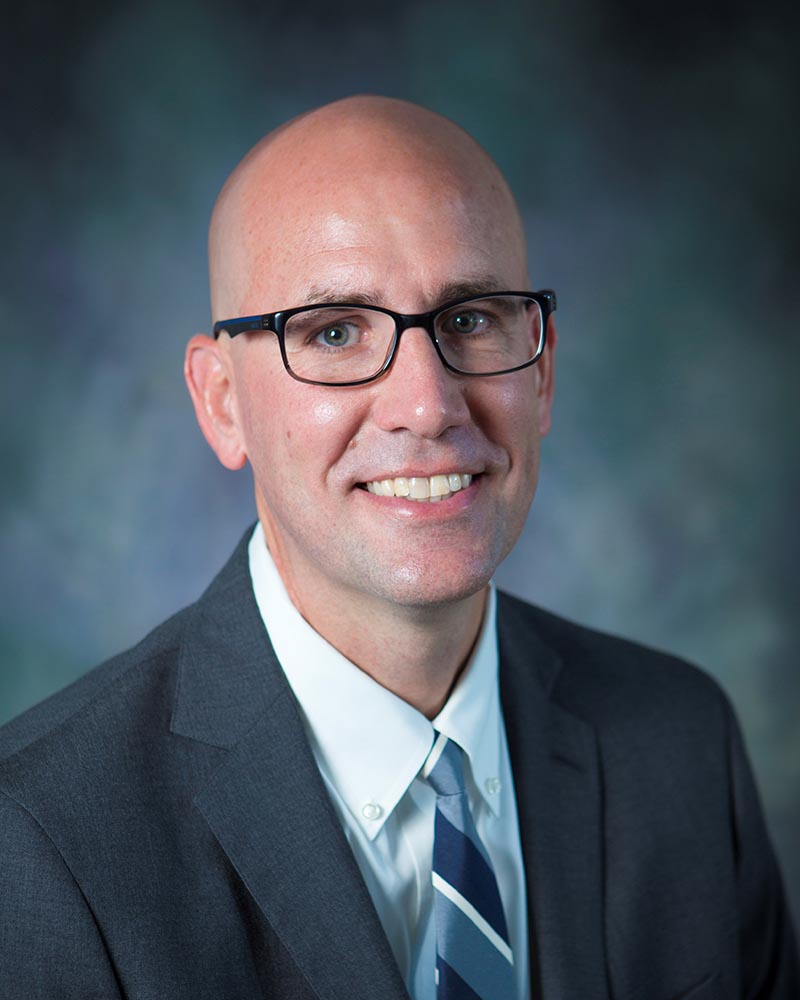 Briggs said the program’s focus on curriculum and instruction was important: “When I began, I was serving as a principal. The coursework and research enabled me to earn my superintendent’s certification and then be promoted to chief academic officer.”
Briggs said the program’s focus on curriculum and instruction was important: “When I began, I was serving as a principal. The coursework and research enabled me to earn my superintendent’s certification and then be promoted to chief academic officer.”
His dissertation examined the literacy practices of high school social studies teachers, as well as supports and barriers.
“Most literacy instruction at the secondary level has traditionally been the responsibility of English teachers,” he said, “but new standards expanded the focus to other content area teachers, as well.”
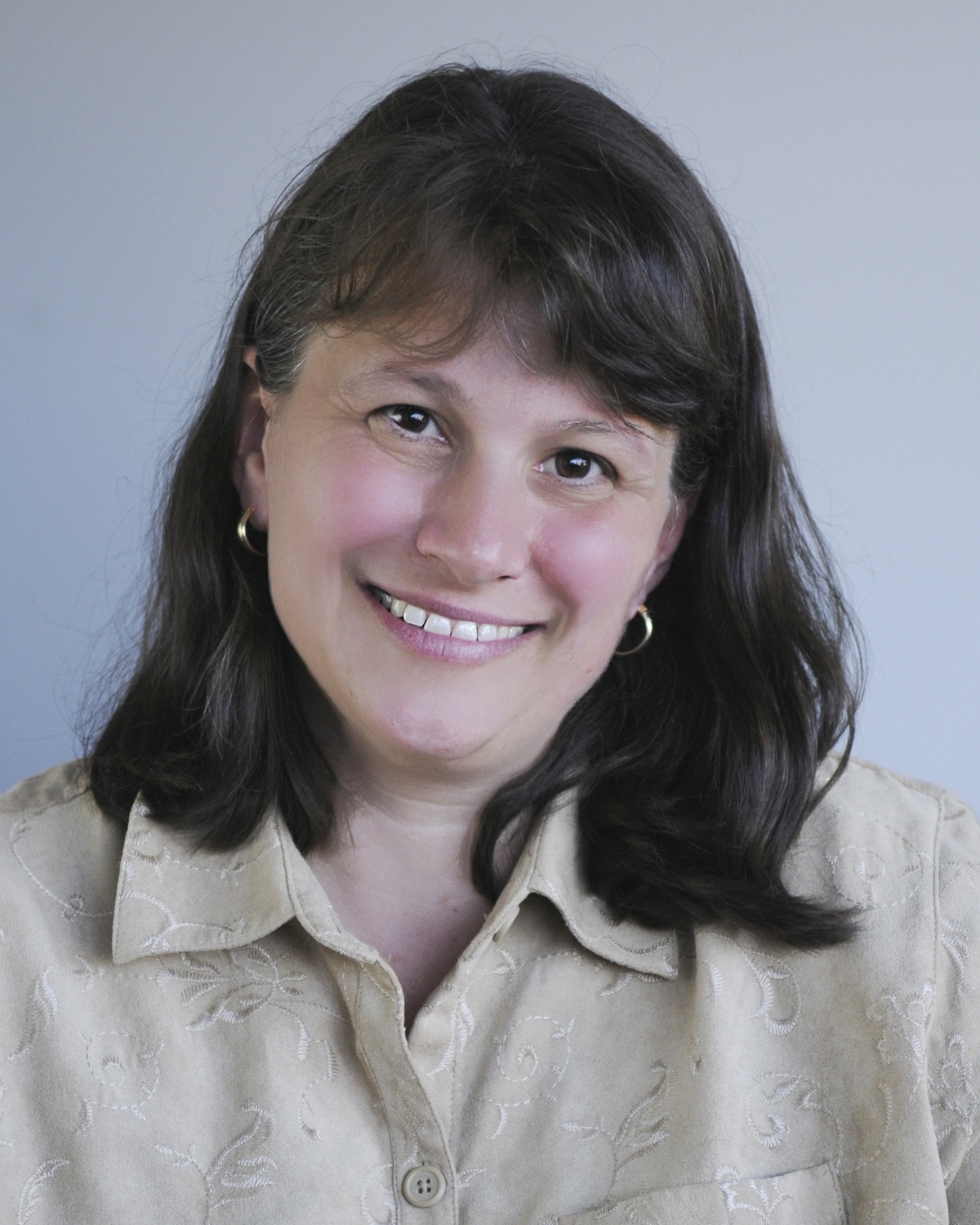 Harned applauded the mentorship of SU’s faculty, especially Dr. Judith Franzak, program director: “One of her strengths is providing support in the early stages of the research process and then releasing responsibility to us. She often asks questions which allow us to re-examine issues and come to our own understanding.”
Harned applauded the mentorship of SU’s faculty, especially Dr. Judith Franzak, program director: “One of her strengths is providing support in the early stages of the research process and then releasing responsibility to us. She often asks questions which allow us to re-examine issues and come to our own understanding.”
Harned’s research on “place-conscious” literacy instruction creates relevance for students by weaving elements of their lived experiences into curriculum. She had students critically examine issues in their rural communities to prepare them as citizens.
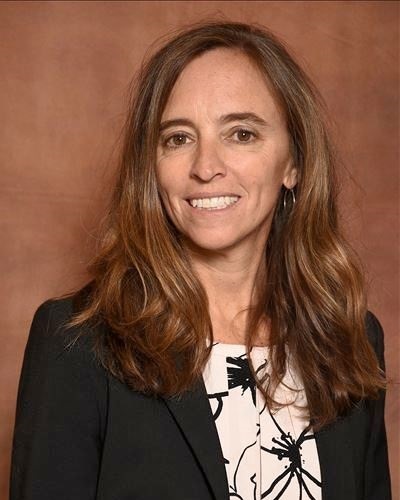 Jack said SU’s doctorate has prepared her for future leadership positions and made her a more effective educator. “The support and guidance in this program is unbelievable,” she said. “Working with a cohort and professors who care about your success is what makes this program a step above others.”
Jack said SU’s doctorate has prepared her for future leadership positions and made her a more effective educator. “The support and guidance in this program is unbelievable,” she said. “Working with a cohort and professors who care about your success is what makes this program a step above others.”
Her research focused on early literacy development. She examined the role of a first-grade teacher and families in providing support, as well as the collaboration between school and home.
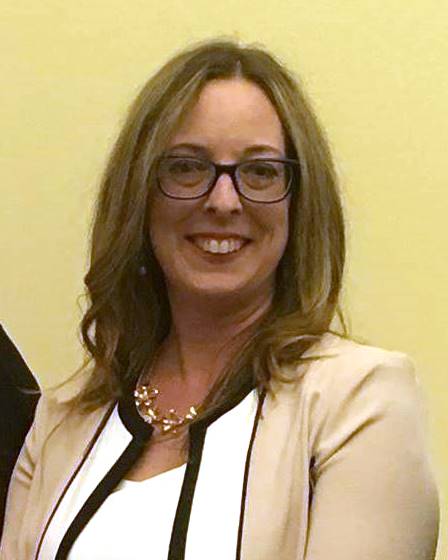 McFadden said SU’s program is customizable and provides freedom to explore individual interests in the realm of literacy. “I loved that there was diversity in our cohort in terms of backgrounds and positions,” she said, noting that in addition to teaching English, her classmates do a wide-range of work to support literacy initiatives.
McFadden said SU’s program is customizable and provides freedom to explore individual interests in the realm of literacy. “I loved that there was diversity in our cohort in terms of backgrounds and positions,” she said, noting that in addition to teaching English, her classmates do a wide-range of work to support literacy initiatives.
Her research explored the “composing practices” of multiracial college students, analyzing how they addressed race and identity through their writing and other compositions in formal educational contexts and personally, such as on social media.
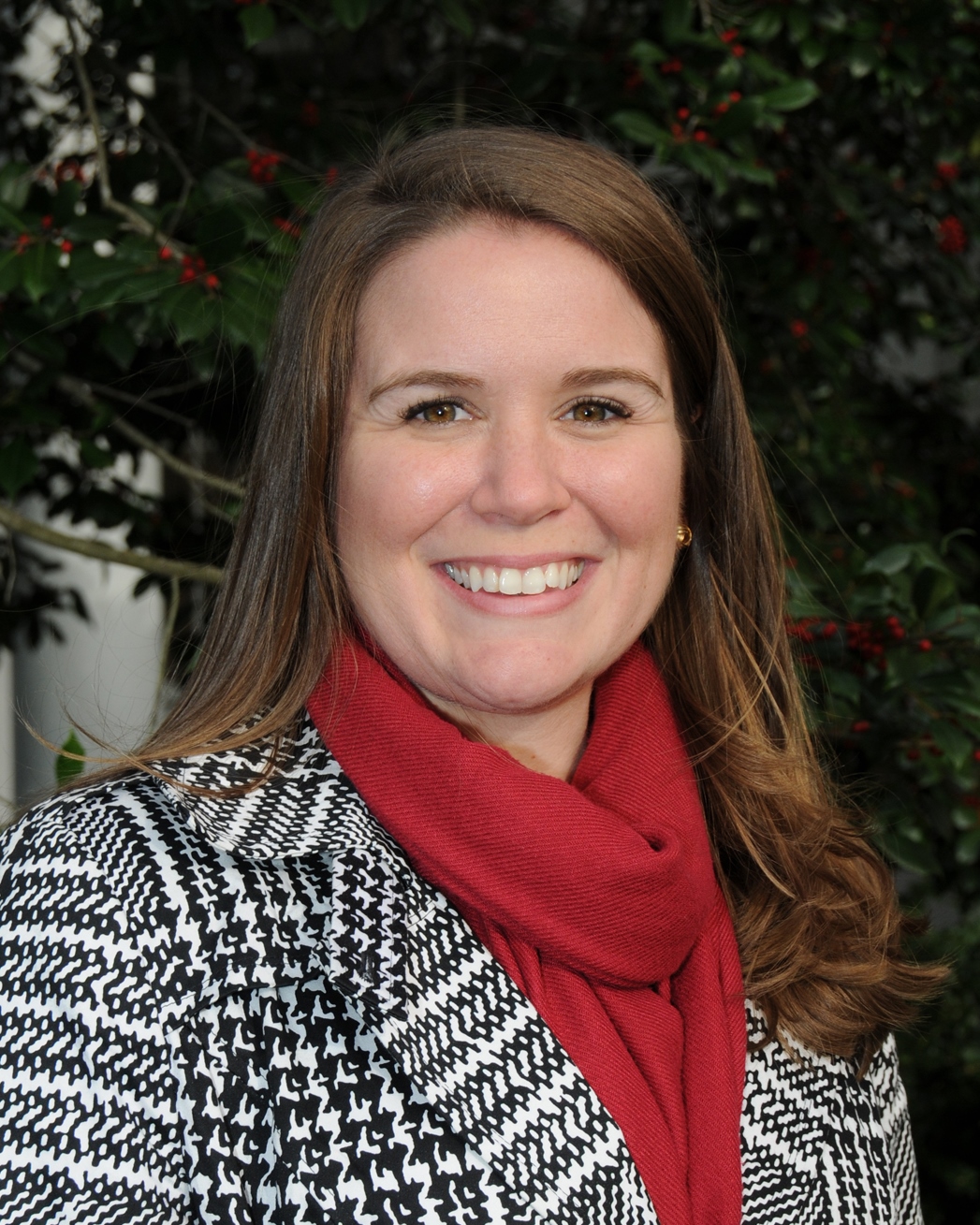 Porter said SU’s Ed.D. faculty help students address critical questions about literacy to make an impact on their respective fields.
Porter said SU’s Ed.D. faculty help students address critical questions about literacy to make an impact on their respective fields.
“The program enhanced my understanding of the expectations and challenges college students face with literacies across the wide-range of disciplines they are studying,” she said. “I coordinate course-specific academic support, so this knowledge is critical for me to be able to implement initiatives that best support students’ comprehension in their fields.”
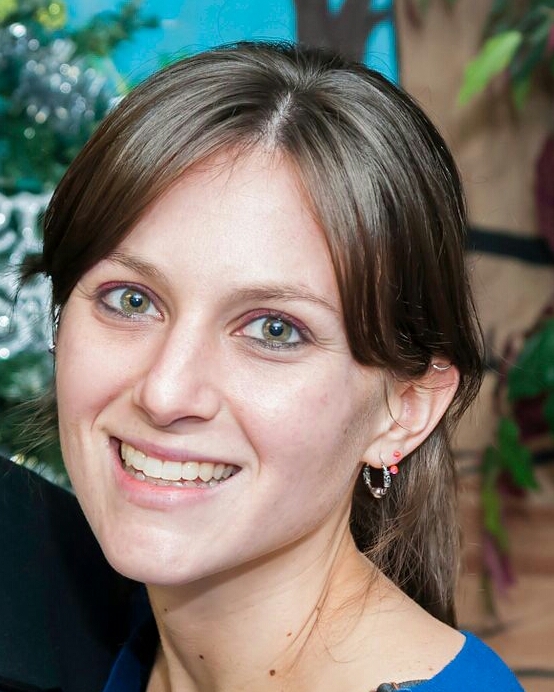 Taylor said she enrolled in SU’s program to improve her instruction and explore “practical solutions and research on some of education’s toughest issues.” She added: “The classes are rigorous in both theory and application. The cohort model encourages support from classmates.”
Taylor said she enrolled in SU’s program to improve her instruction and explore “practical solutions and research on some of education’s toughest issues.” She added: “The classes are rigorous in both theory and application. The cohort model encourages support from classmates.”
Her research on “multimodal literacies” explored how to acknowledge students’ diverse social experiences in the teaching and learning of mathematics by incorporating literacy practices in the classroom.
For more information about enrolling in the program, contact Franzak at jkfranzak@salisbury.edu or visit www.salisbury.edu/gsr/gradstudies/EDDpage.html.
